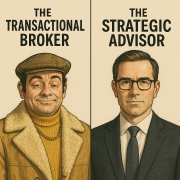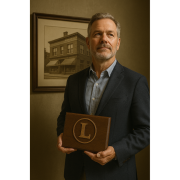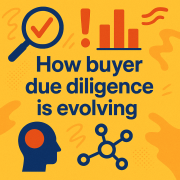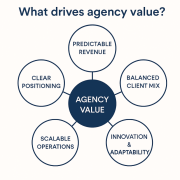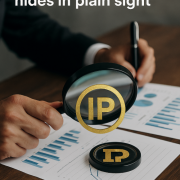Not all M&A advisors are created equal
In M&A, the difference isn’t just fees, it’s outcomes.
The Transactional Broker – online or offline
• Chases a deal, not the right deal.
• Measures success by speed and volume.
• Offers little beyond the transaction.
The Strategic Advisor
• Starts with your goals, not just your valuation.
• Considers timing, positioning, and long-term impact.
• Builds trust over years, not months.
• Aligns the deal with your legacy and growth story.
• Provides advice on structuring the deal.
• Leads negotiations with clarity and conviction.
• Project-manages the legal and due diligence process.
• Supports you in optimising earn-outs and other incentive payments post-deal.
For business owners, this distinction matters. The right advisor won’t just sell your company; they’ll
protect what you’ve built and ensure the next chapter is right.
In a world full of brokers, choose strategy over transactions.


